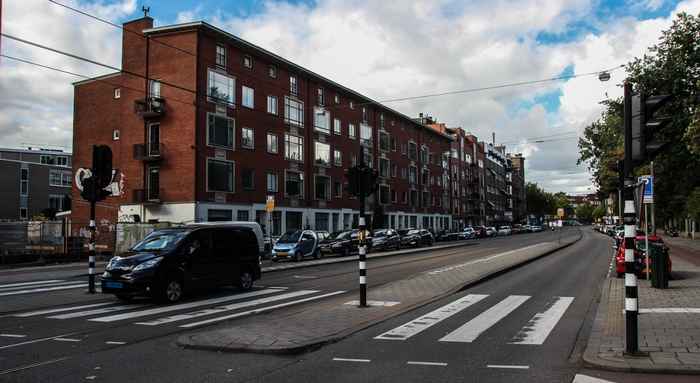Difference in Exposure to Health Factors for Homeowners and Renters in the Same Area
11 September 2023

Urbanization
For this research, extensive data on the residential environment and residents' health were collected. The exposure to air pollution, noise pollution, green spaces, and heat stress in relation to residents' mental and physical health was analyzed. The study revealed a difference in exposure between renters and homeowners. Looking at recent new construction, it was found that private rental housing was developed in more polluted areas. This appears to be a consequence of urbanization in densely populated areas near highways, industry, and Schiphol Airport.
Accumulation of Inequality
The findings of this research contribute to academic debates on environmental justice and health in urban areas. Additionally, they provide insights into how various forms of inequality can accumulate. The results can assist in the development of more sustainable, healthier, and fairer spatial planning policies. In collaboration with societal partners, five policy dilemmas have been formulated for this purpose.
Urban Geographies
This two-year research project was carried out by a team of experts in geography, urban planning, and medical research from the Amsterdam Institute for Social Science Research (AISSR) and Amsterdam UMC, under the leadership of Dr. Wouter van Gent (Urban Geographies, UvA). Societal partners in this research included the Amsterdam Public Health Service (GGD Amsterdam), the Amsterdam Federation of Housing Associations, the Healthy City Foundation (Stichting de Gezonde Stad), and the Municipality of Amsterdam. The project was funded by the Knowledge Center for Inequality.
Read the full report here: